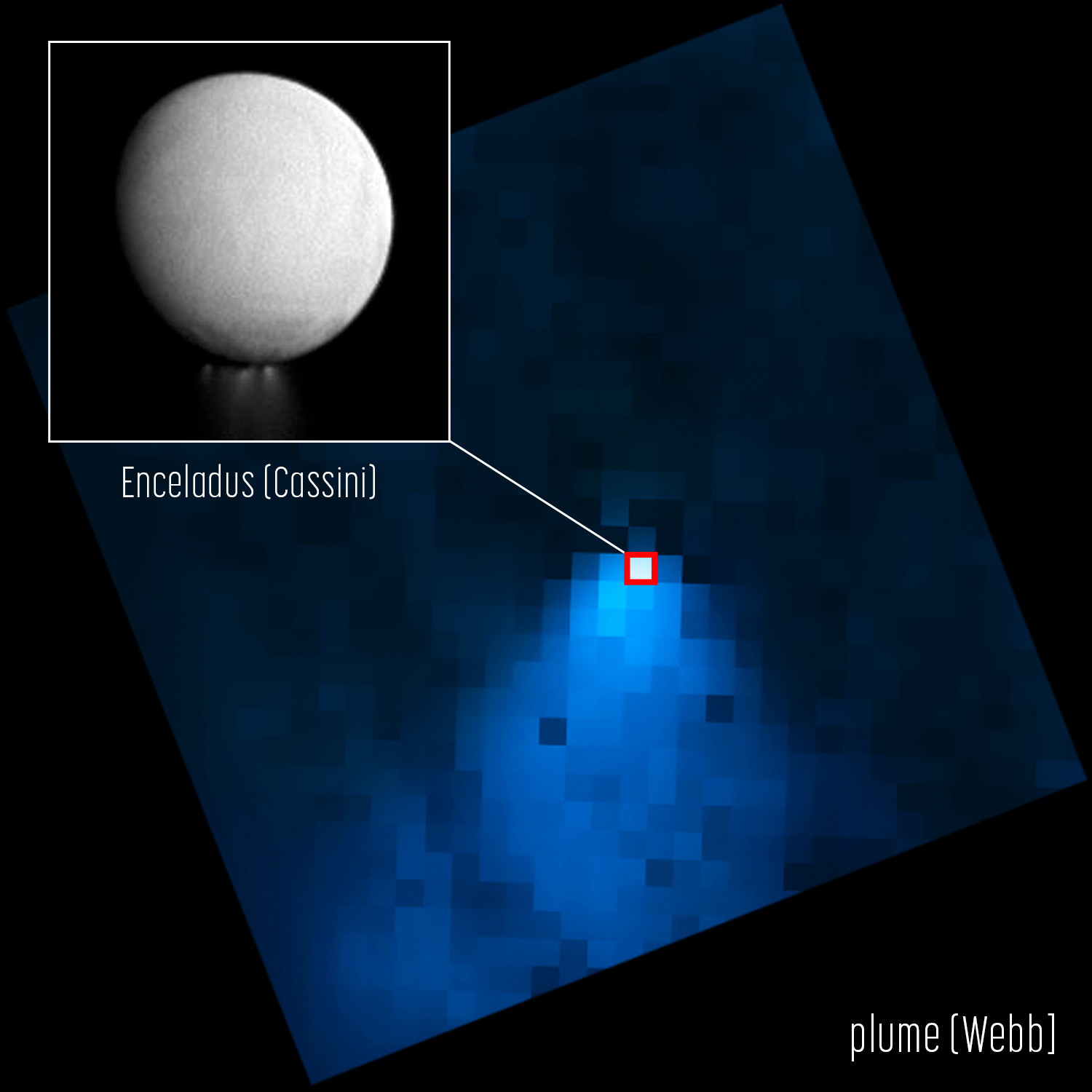A massive plume spurting water out of Enceladus has scientists thinking twice about just how likely they are to find evidence of alien life on the small moon. Enceladus orbits Saturn, making it one of many moons that the planet sports. Astronomers have had their eyes on the moon for a good while now, but a recent development has led them to look closer.
That development comes in the form of a massive plume that is currently jetting out of Enceladus. It’s releasing roughly 79 gallons of water into space every second, if the researchers have estimated correctly. This amount of water is enough to fill a large Olympic swimming pool in just a matter of hours, Independent reports.
Scientists have already looked at Enceladus in great depth, partly because it seems to present ideal conditions to support some kind of alien life. However, the newly discovered Enceladus plume has made astronomers want to dig even deeper. This will undoubtedly be accomplished in the coming years if NASA or another space agency sends spacecraft to check things out.

With an orbit of just 33 hours around Saturn, Enceladus has always been an intriguing satellite. With the use of newer tech like the James Webb space telescope, astronomers are hopeful that they’ll be able to take a closer look at the plume jetting out of the moon, and possibly learn something that we don’t already know about the moon.
Hopefully, those future observations will help us better understand what caused this massive plume on Enceladus, as well as help us understand how the jets of water spurting from the moon are helping to form changes on the moon, changes that we might have otherwise missed if the satellite hadn’t shown the spotlight on itself again.
Research on the plume has been accepted for publishing in the journal Nature.








